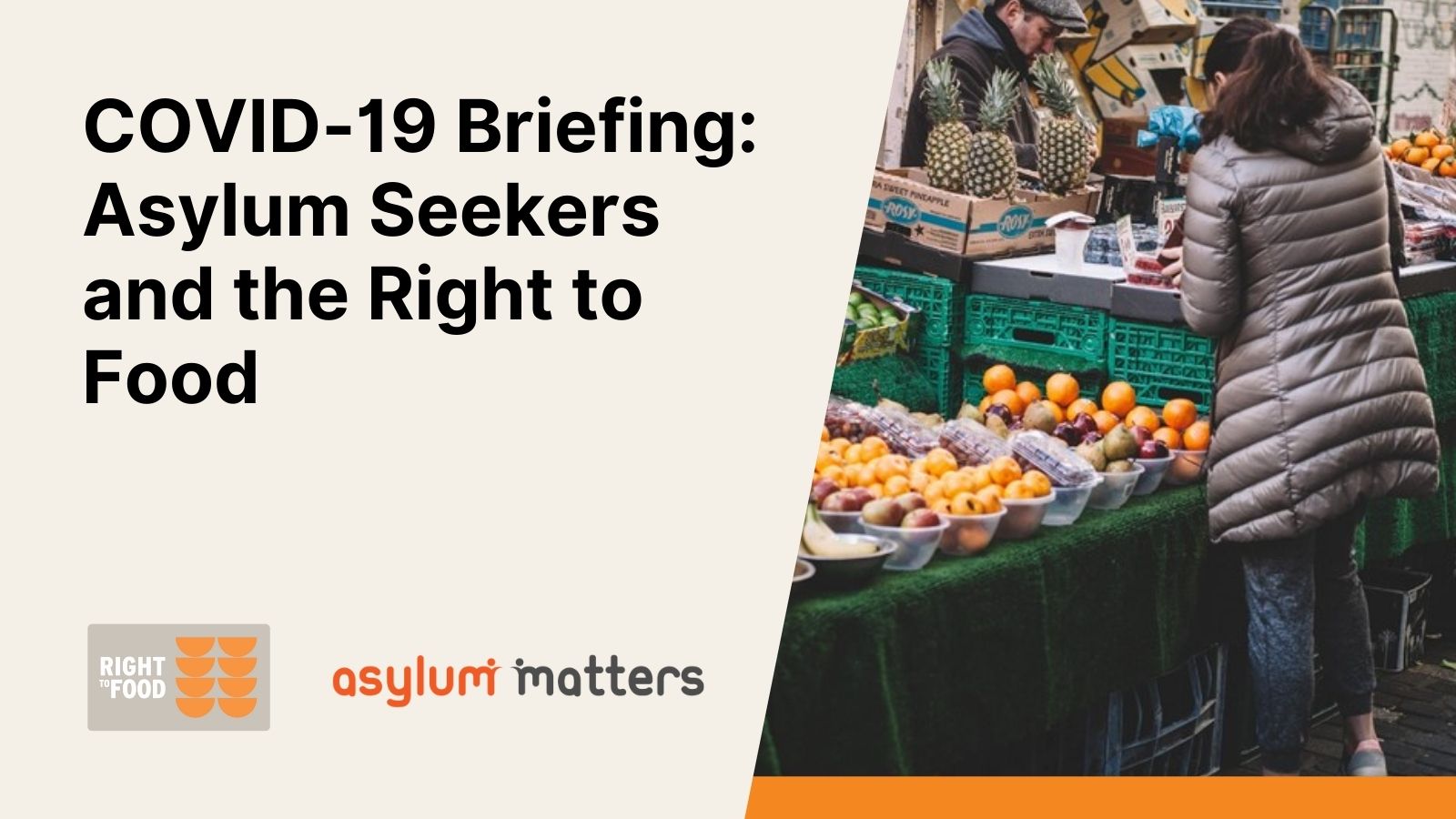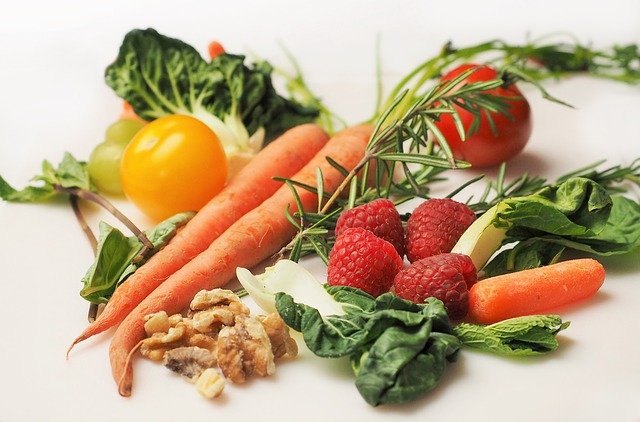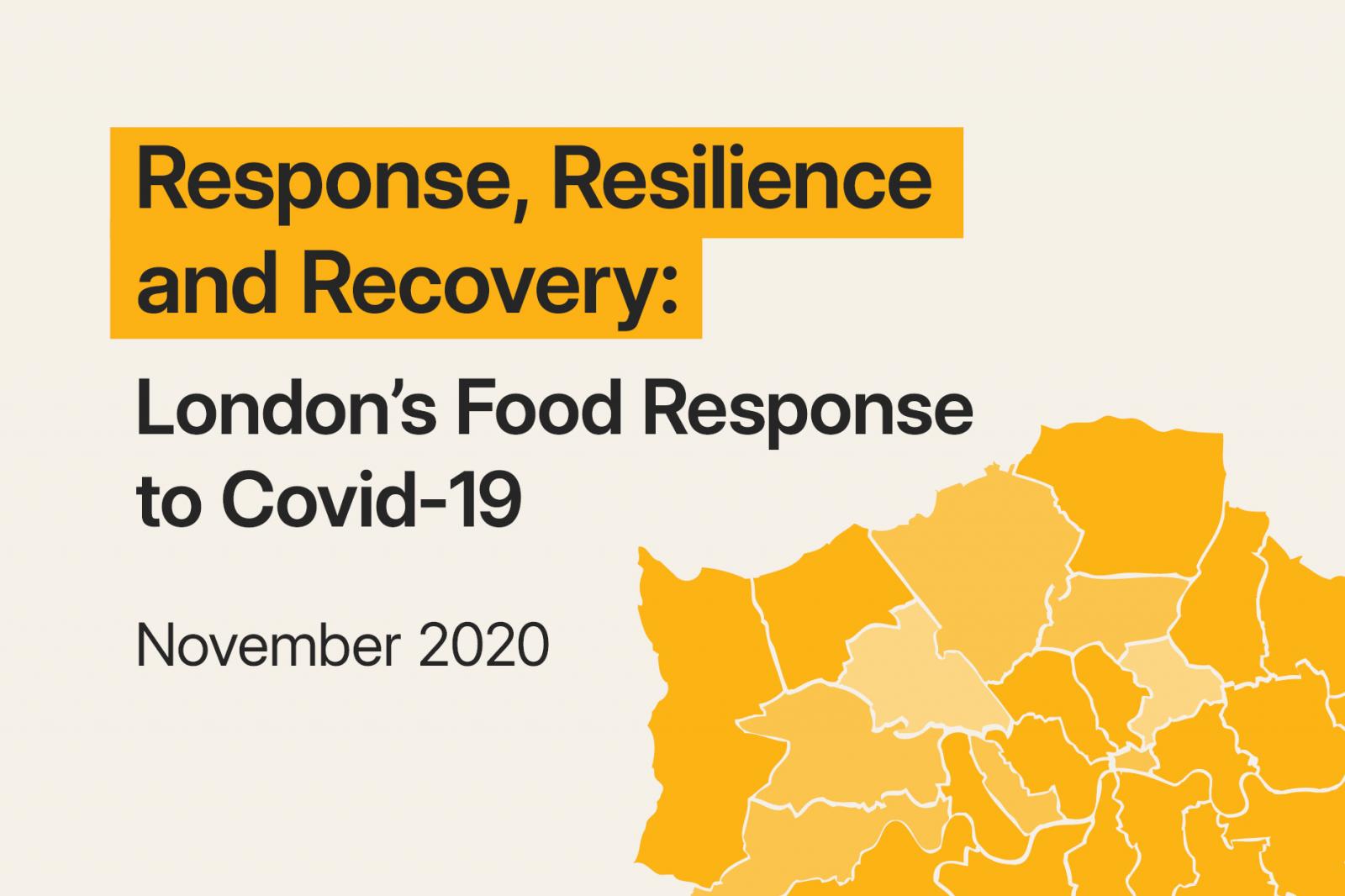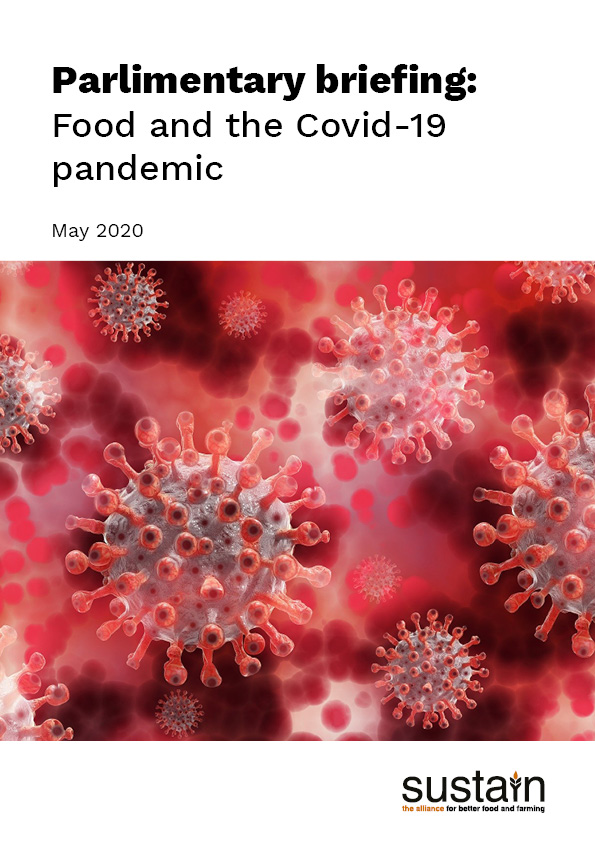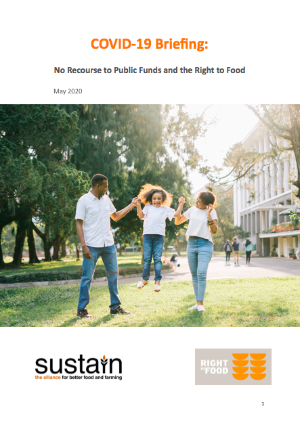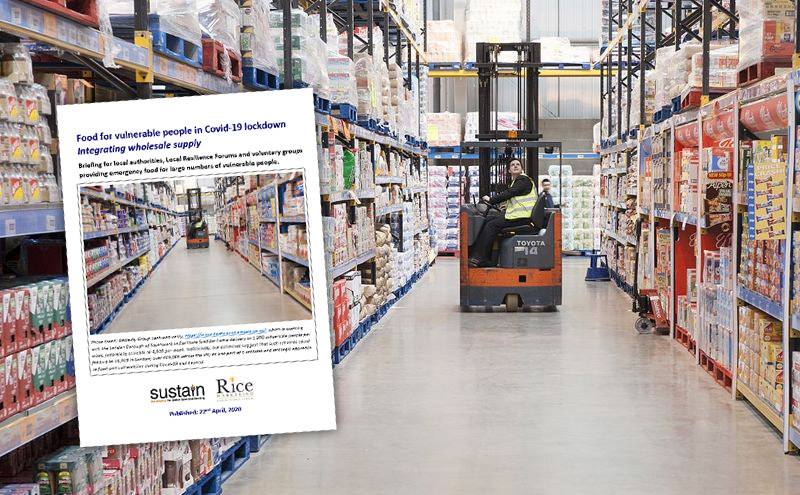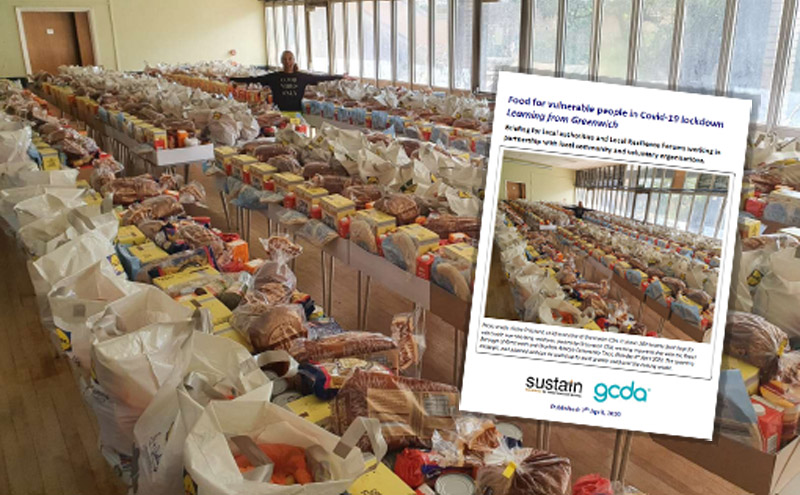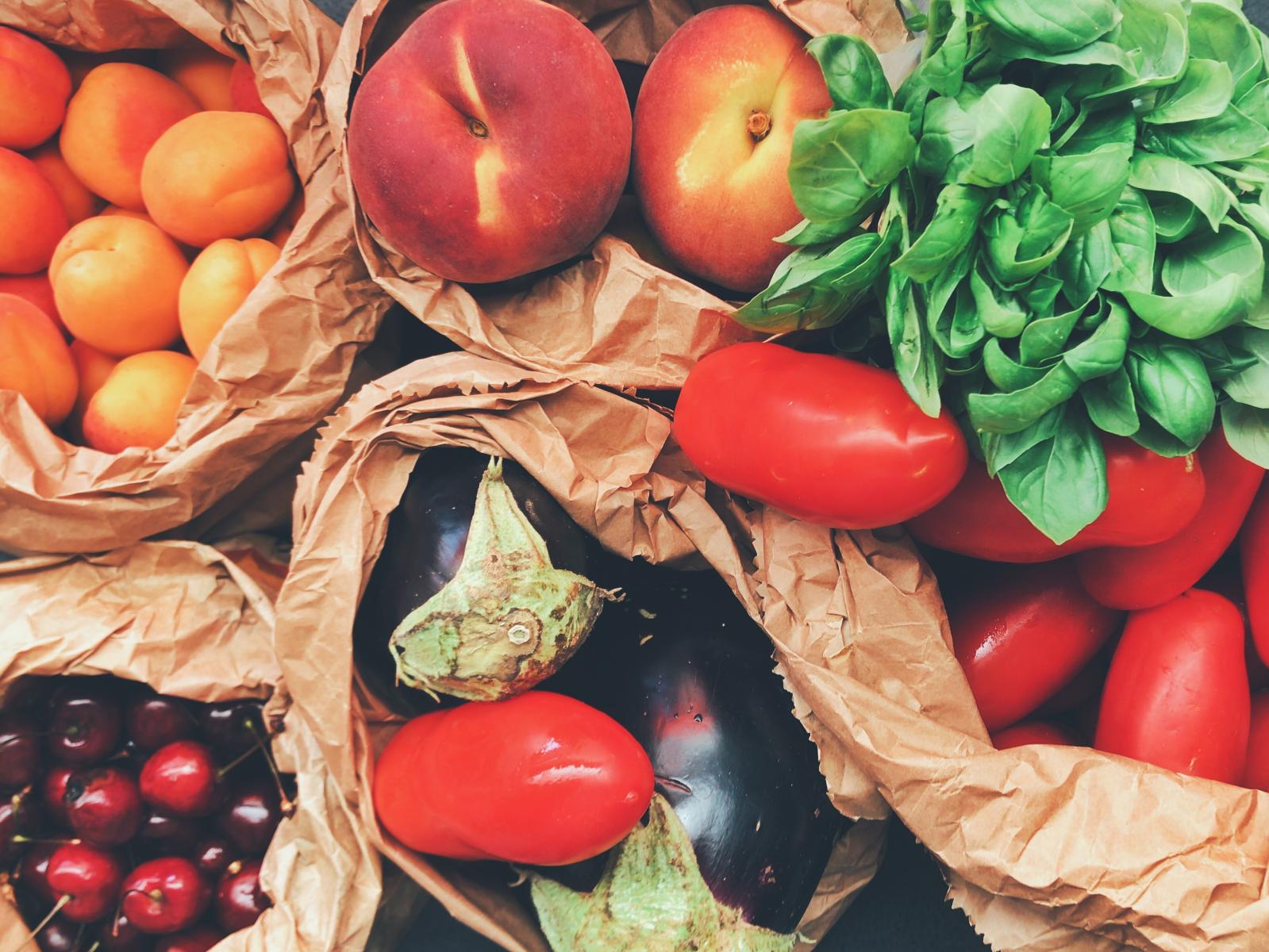 credit-Pexels
credit-Pexels
The Food Standards Agency has released a new report showing how people’s food environments changed during the Covid 19 pandemic. Findings show public support for government action to help those experiencing household food insecurity; just under two thirds (63%) agreed that ‘it is the government’s responsibility to make sure no-one goes hungry’. Respondents tended to be more supportive of preventative actions for food insecurity, such as ensuring well-paid jobs are available to all.
On standards, 78% of those surveyed supported the UK keeping its current food quality standards, even if food is more expensive and less competitive in the global market. A similar proportion (82%) also supported maintaining the UK’s current animal welfare standards, when presented with the same trade-off against prices and competitiveness.
The Food in a Pandemic report, commissioned by the FSA and produced by Demos included a nationally representative survey of 10,069 UK adults, online deliberative research, a series of workshops, and an open access survey of 911 adults.
The report also found:
- a significant proportion of the population have bought food more locally or grown more food during the pandemic. Many of those who have made this move expect it to continue after the pandemic.
- a complex shift in people’s diets during Covid-19, with more home cooking. Although a third (32%) of respondents in the poll reported eating more healthy main meals, a third (33%) ate more unhealthy snacks.
You can read the full Food in a Pandemic report here.
The FSA has also released consumer research covering England, Wales and Northern Ireland, which collected information on the public’s self-reported knowledge, attitudes, and behaviours regarding food safety and other food-related issues.
Its main findings included:
- 84% of respondents were classified as food secure (72% high, 12% marginal) and 16% of respondents were classified as food insecure (9% low, 7% very low)
- Over three quarters of respondents (78%) reported that they had confidence in the food supply chain. Respondents were more likely to report confidence in farmers (90%), and shops and supermarkets (86%) than in take-aways (51%), and food delivery services (39%)
- Respondents who reported a concern about the food they eat were asked to briefly explain what their concerns related to. Food production methods (29%), environmental and ethical concerns (26%) and food provenance (21%) were the most mentioned concerns
The survey was conducted by Ipsos Mori and was primarily carried out online.
You can read that report in full here.
Coronavirus Food Alert: Sustain's work on food resilience in the COVID-19 coronavirus pandemic.We are helping secure food for vulnerable people and supporting local emergency responses.
Sustain
The Green House
244-254 Cambridge Heath Road
London E2 9DA
020 3559 6777
sustain@sustainweb.org
Sustain advocates food and agriculture policies and practices that enhance the health and welfare of people and animals, improve the working and living environment, promote equity and enrich society and culture.
© Sustain 2024
Registered charity (no. 1018643)
Data privacy & cookies
Icons by Icons8
